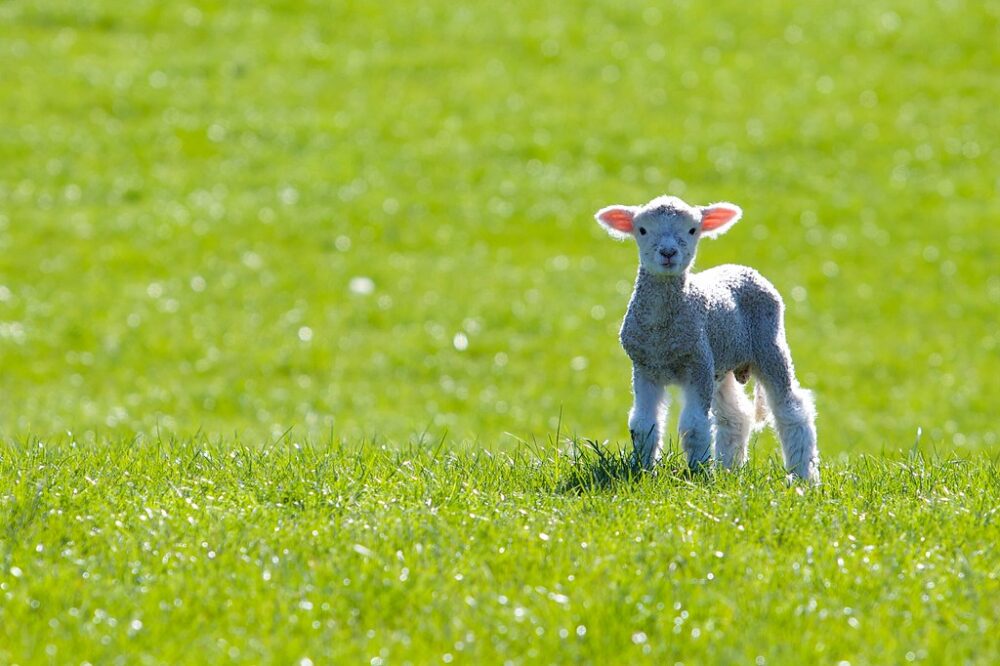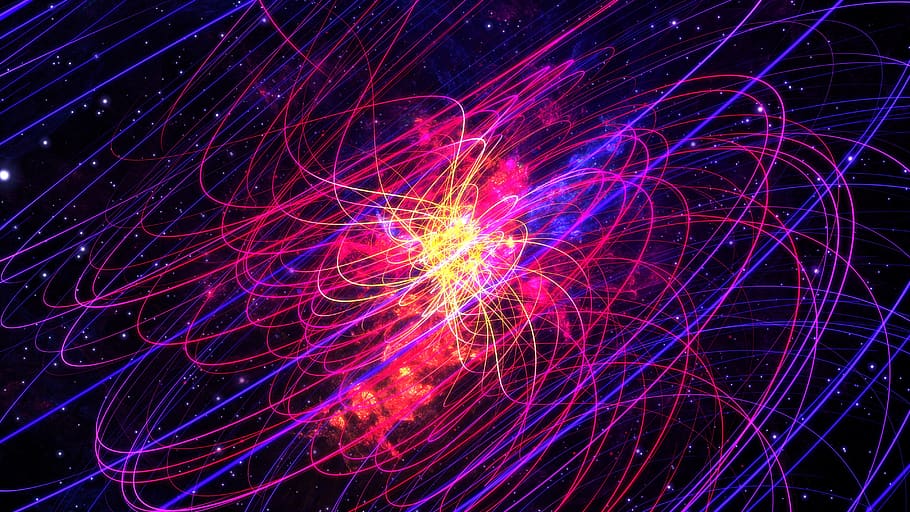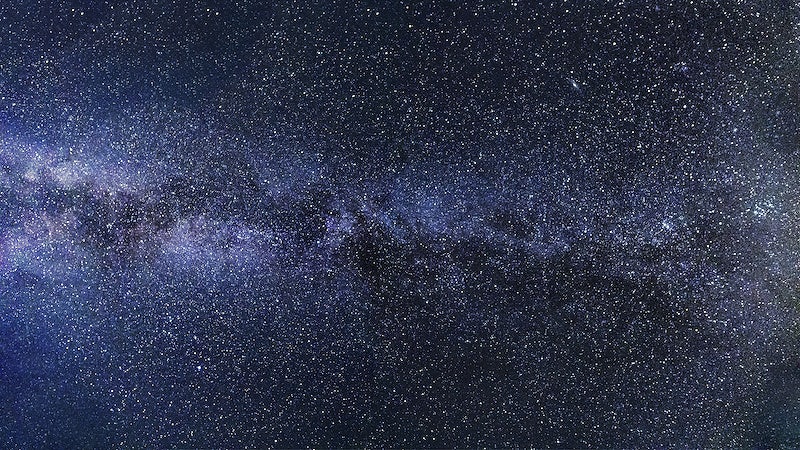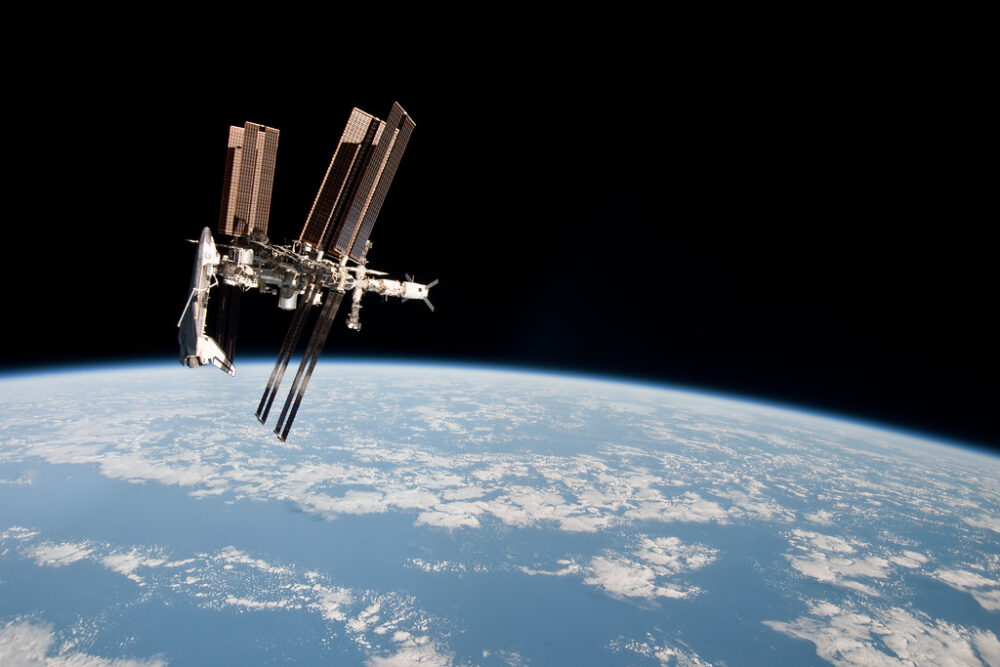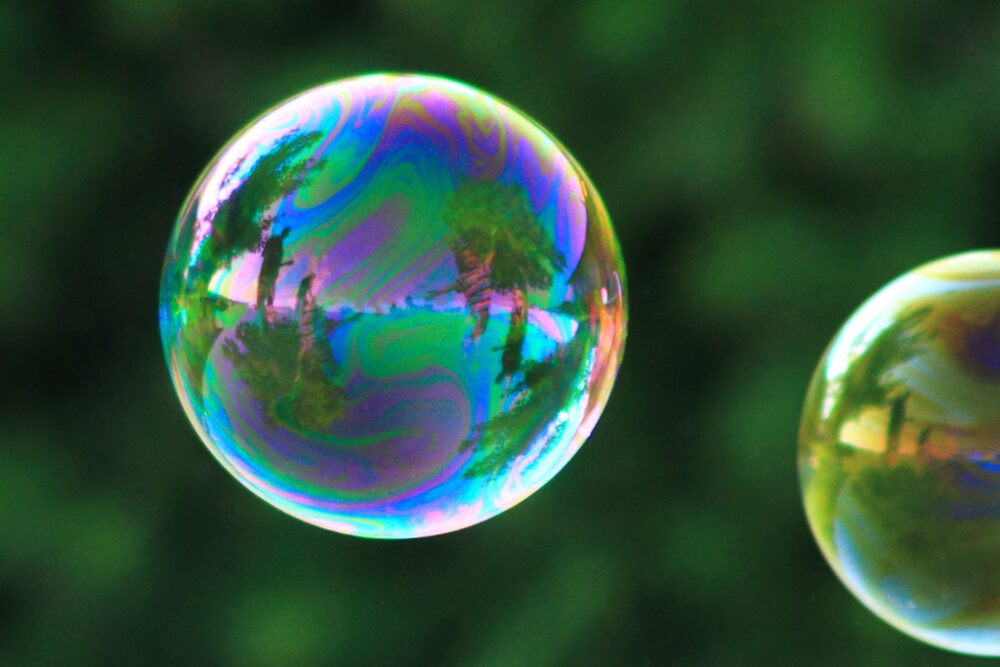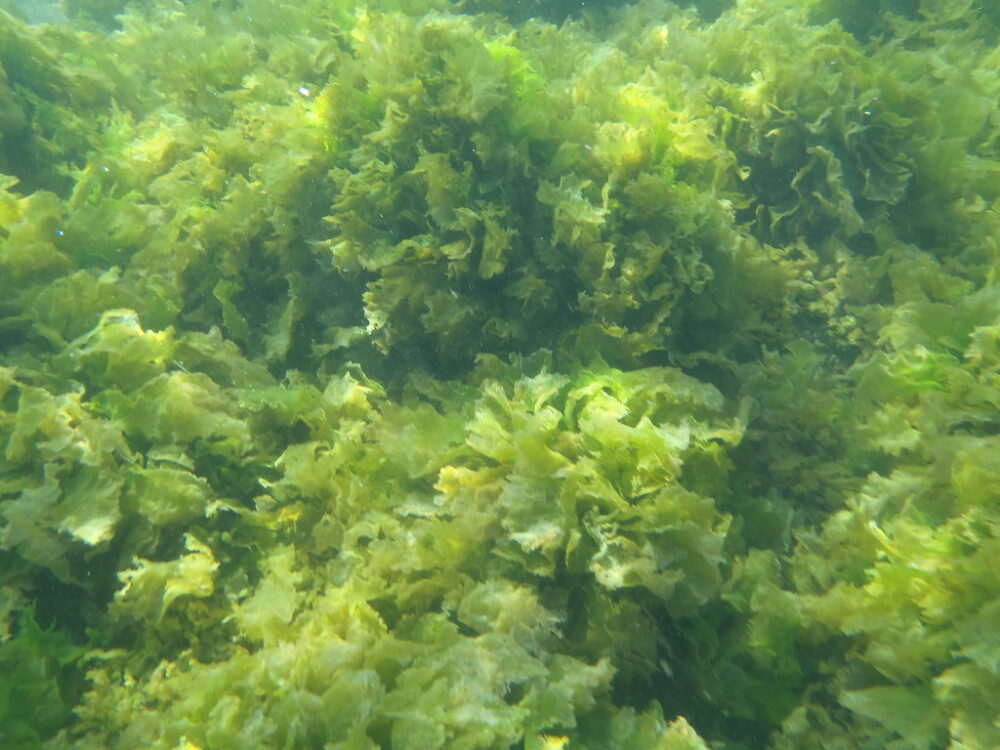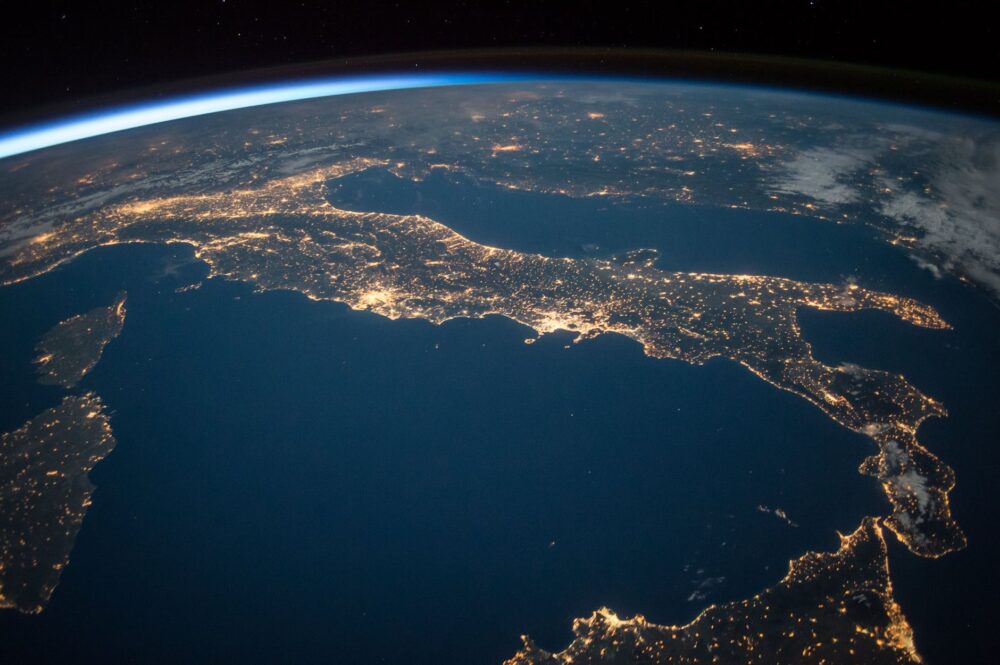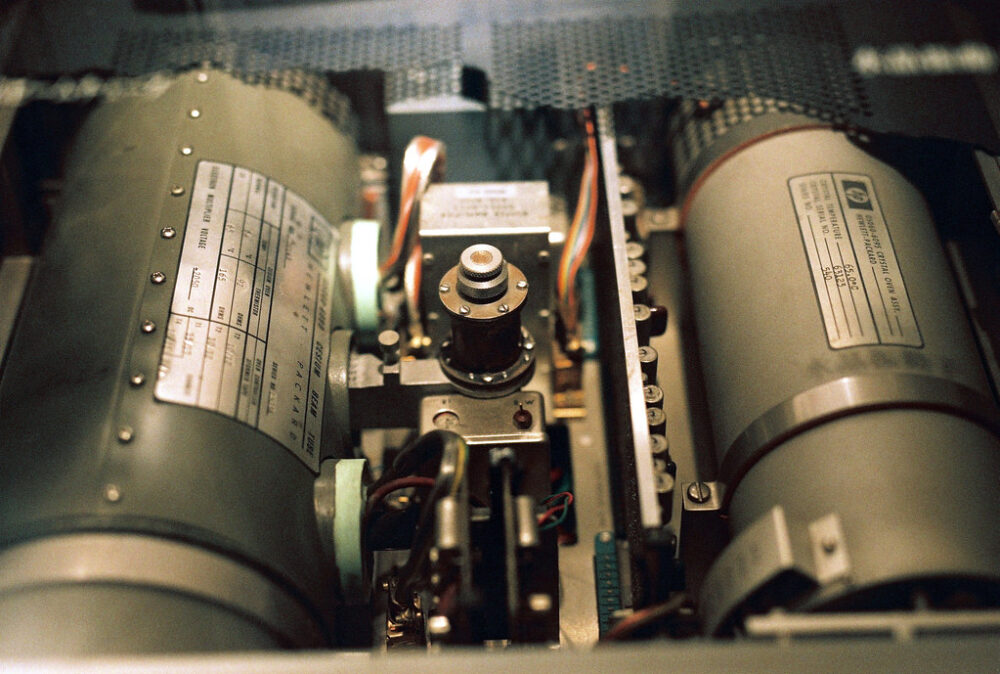How lambs are saving future generations
In 2020 alone, 13.4 million premature babies were born. In 2019, over 900,000 children died due to preterm-related conditions and complications. Premature is defined as being born earlier than 28 weeks of gestation, or 70% of the way through full-term. As it stands, premature birth is the leading cause of death in children under five […]
How lambs are saving future generations Read More »
